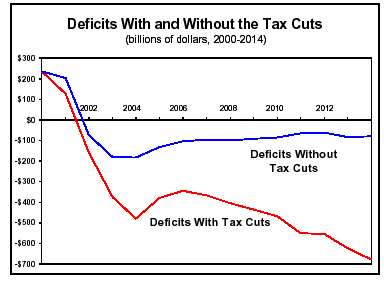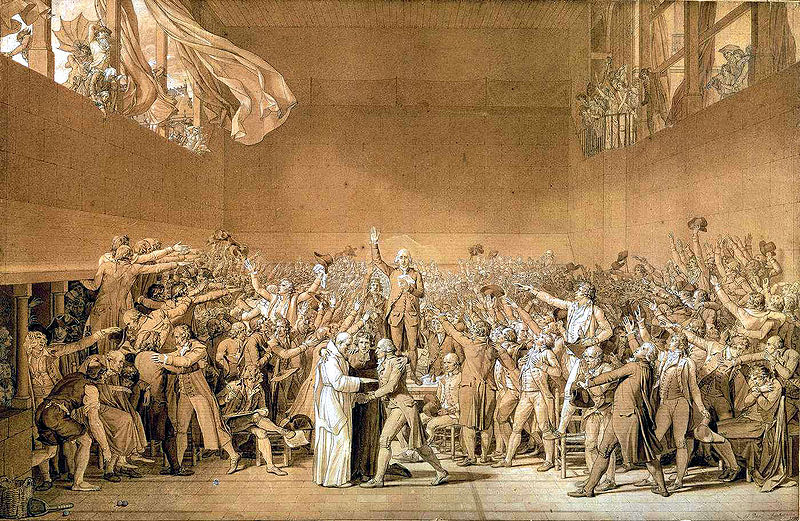
It seems that hardly a moment goes by when I am not thinking about the Centre, as we often call it. The Centre is in many ways a home away from home. It is the home for misfits, or undisciplined disciples, and yet it is a home also for those disciples of the undisciplined discipline, where misfits fit in. This is the wonderful paradox of the Centre.
I am reminded of Proust who so eloquently speaks of “inversion” in Sodom and Gomorrah to explain sexuality. The Centre is, in many ways, an inverted discipline that looks into itself and from that inward perspective turns outward. I think I can confidently say that there is no one at the Centre with whom my academic interests overlap. Sure, there are people who work on English, French, Hispanic, and Portuguese literatures, and there are people who read the same theoreticians and critics as I do. But the overlap is only insofar as we may have read the same theorist, and we often read texts in the same languages. That is about as far as our shared experience ever goes. We do not have students studying “Shakespeare,” as might be the case in the national literatures. When we study “postcolonial literature,” it is not limited to one “linguistic” commonality; instead, readers are asking how “postcoloniality” compares across the spectrum.
In a recently offered course at the Centre, simply called “Proust,” we read In Search of Lost Time. That was the extent of our shared expectations. The students and the professor read the same text. We all had different goals, readings, critical approaches, and, indeed, because of the experimental pedagogy, we all had very different assignments. But what was remarkable about this course was that it was a collection of students from very different backgrounds and disciplines. And this is what really illustrates the point of the Centre.
This course, like any other course, the Dean would have us believe, can be taught in any “national” literature program. This may, indeed, be the case. The course itself can be taught elsewhere in the same way that Proust can be taught by any number of different people in any number of different ways. But — and this is my point — the people who take the course will be very different. I have never been in a course at the Centre where the entire course was comprised of comparatists. This is why the Centre matters. It allows for the undisciplined and the disciplined to come together and consider a single text or a single problem from multiple perspectives. The Dean and the Strategic Planning Committee may insist that courses can be taught in their “home” departments (and this is ultimately not the case at all), but what they cannot argue is that the approaches, the methods, and the ideas that arise from these courses will be the same as in these “home” departments. This is one of the problems that the Dean and the SPC have yet to resolve, and one that they seem unwilling to address.



